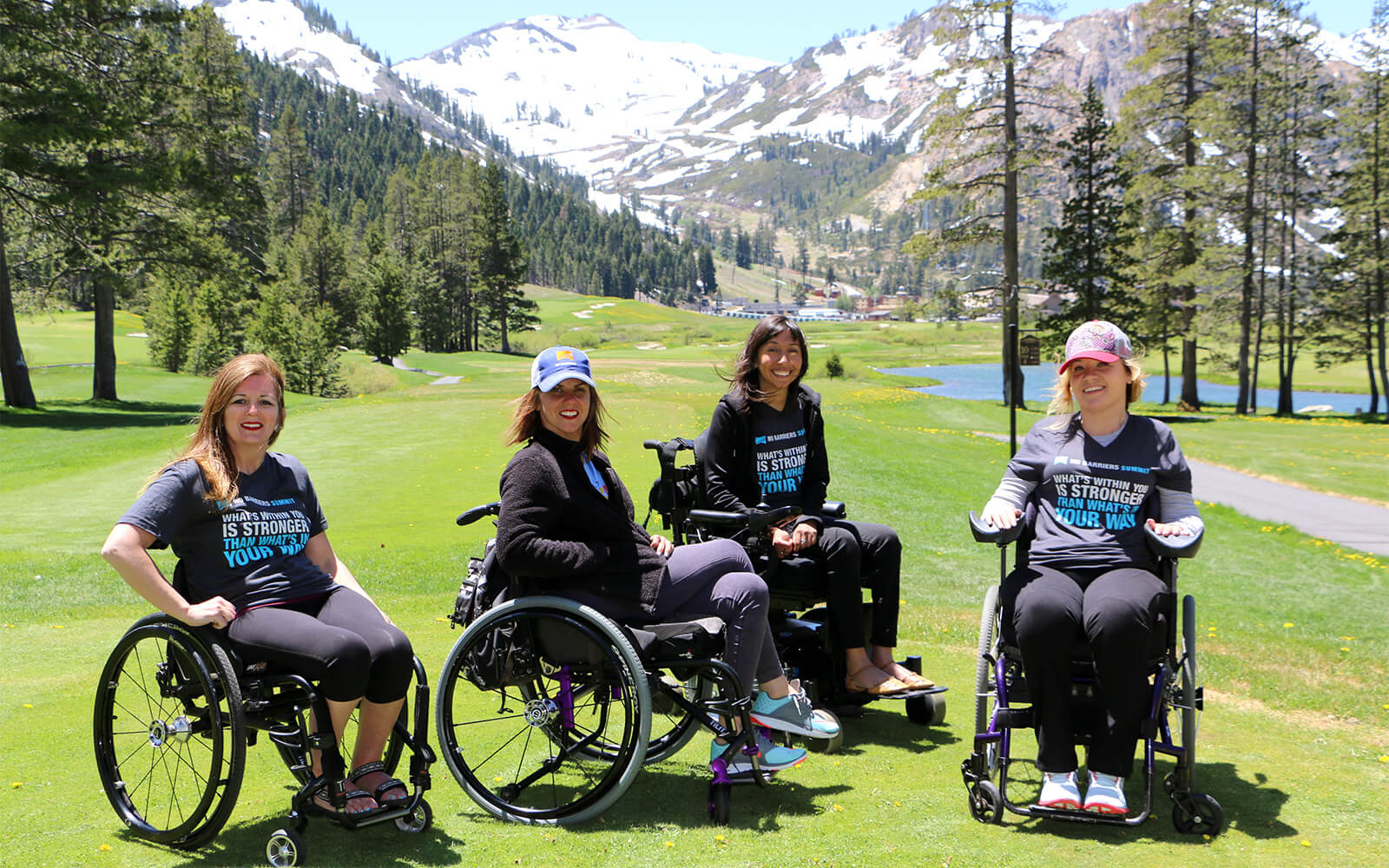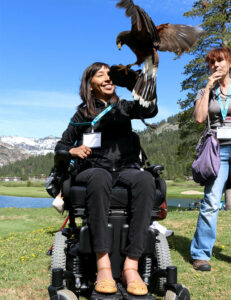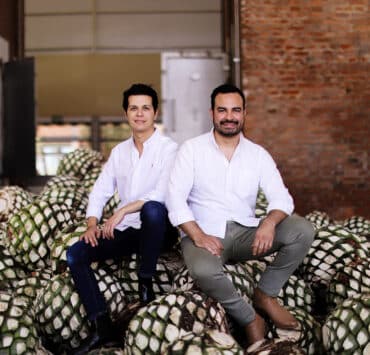|
Getting your Trinity Audio player ready...
|
When asked to describe herself, Reveca Torres unequivocally says, “I am a woman with a disability who is Latina.”
Torres is a filmmaker, artist, and the founder and executive director of the Chicago-based nonprofit organization Backbones which since 2009 has been connecting people with spinal cord injuries (SCI) and their families through one-on-one pair ups, events, and advocacy. Spinal cord injuries affect approximately 17,700 Americans every year and refer to any damage to the spinal cord, whether from trauma, disease, or a degenerative disorder.
At thirteen years old, Torres was in a car accident that paralyzed her. The aftermath of the accident not only included recuperating from the devastating accident but also navigating the convoluted work of medicine, insurance, and disability assistance. And while they were extremely supportive, her Mexican parents did not have the language skills and institutional knowledge—most of us don’t—to understand the medical information thrown their way.
“I learned how to self-advocate at thirteen because my parents were not fluent in English,” she says. “I talked to insurance, doctors, got my prescriptions refilled, and I had to figure out how to go to therapy.”
Being bilingual helped her translate and share important information with her parents, but Torres knows that not having it firsthand meant her parents were often in the dark about what was happening to their kid. It is one of the reasons she advocates for the SCI community now.

Building Awareness
September officially marks Spinal Cord Injury Awareness Month and Torres believes there are several ways to be allies for folks with SCI and the disability community. The first is being informed and willing to learn from them and their stories.
“I like to highlight and elevate stories of everyday things that can motivate people,” she says.
She also invites readers to celebrate this community’s abilities rather than focus on their limitations. Backbones participates and hosts in expos, events, and ongoing programs for women, youth, and peers that help the SCI community live the organization’s mission: to focus on their abilities.
Torres was thrilled to share that this June she attended the first in-person Abilities Expo since the COVID-19 pandemic and that there are additional expos scheduled for August, September, October, and December in Texas, Arizona, and Florida.
Despite all the challenges she has had to overcome, the support of her loved ones has helped elevate her to the next level and create powerful meaning in her personal and professional journey. In fact, her sisters were the ones who prompted her to think about the strength of those with spinal cord injury. “That’s when we came up with the name Backbones,” she says.
Representing Women with Disabilities
This meaning and care is also embedded in the nonprofit’s symbols. If you look closely at the Backbones logo, you will notice it is the silhouette of a woman in a wheelchair. This type of imagery and representation was important to the executive and artist.
“I feel very privileged for starting an organization like this, particularly being a woman,” Torres says. “A major goal of mine, from the very beginning, is [to home in on] the awareness we can [create] with images.”
And this goes beyond wanting more women in leadership or advocacy. Soon after her accident, Torres noticed there were few images in all media showing women and girls in wheelchairs. In part, perhaps, because 79 percent of the people who have SCI are men, but she understood that images would be an important part of her advocacy work for people with SCI.
Regardless, Torres says the logo of the woman in the wheelchair invited pushback from many, including her graphic designers and people she met at expos. She was even asked when the men’s logo would come out.

But she remained firm on the logo’s design, and she continues creating more representation of women with SCI. For example, Torres does not use stock photos in any of their marketing materials; instead, she hires photographers to create original photography. She also accepts photos submitted from the community to represent people of all backgrounds, ages, and abilities which can be seen in Backbones’ online exhibit, Reinventing the Wheel.
Connecting Communities
Through her work and advocacy, Torres is also a connector and resource for Latinos and Spanish-language speakers within the disability community. One of her favorite things is when people call and ask her if she speaks Spanish.
“When I say yes, there’s a sigh of relief from people who say they have been looking for more information for so long,” she says.
And now, thanks to community referrals, the word is spreading, and even other organizations have reached out to ask for support.
“I have been a part of different advisory boards and steering communities within the disability community to be able to reach Latinos and Spanish-speakers in the US and other countries,” Torres shares.
It’s a role that she embraces, as she is often the only woman or Latino/Hispanic person in these rooms. But in time, Torres knows things will change as they reach more people and provide more access.
“We are here, in the community, and we contribute in various ways,” Torres says.

